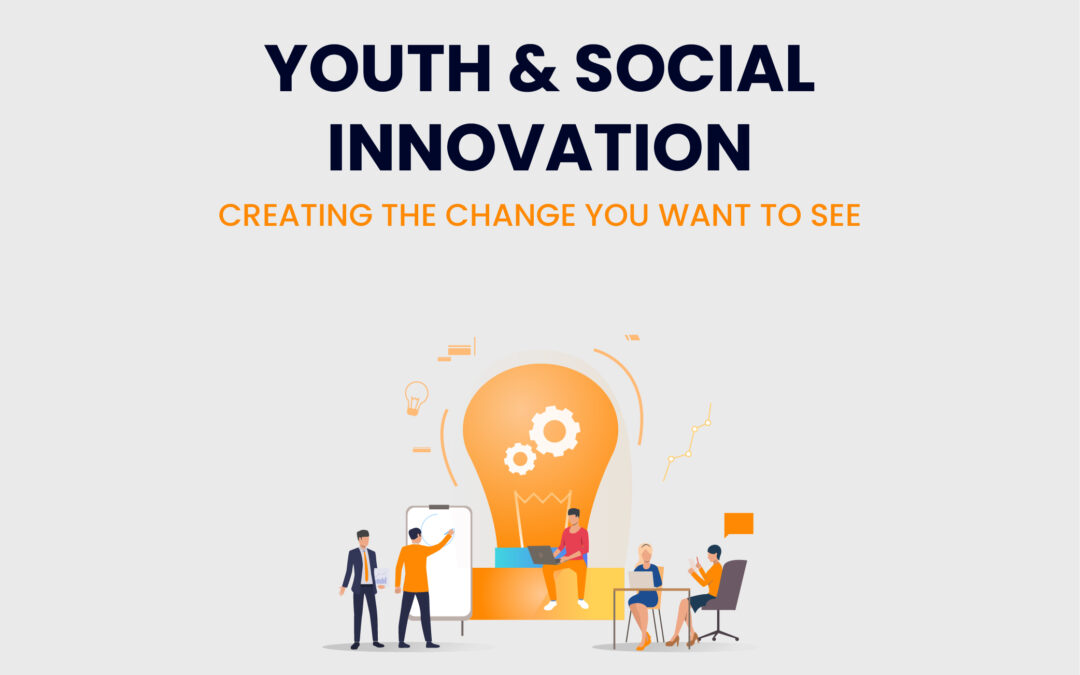Social innovation is perhaps one of the most popular buzz words in the social impact sector, and for very good reason. However, it is clear that there is a lot of confusion on what social innovation is. Today’s post seeks to bring you clarity on this term, and to share with you why social impact and social innovation is applicable to the everyday Nigerian.
In the quest to demystify social innovation, I think it’s important to define the two key terms that make up ‘social innovation’ which are ‘social impact’ and ‘innovation’;
Social impact – “A significant, positive change that addresses a pressing social challenge.”
Innovation – “The process of creating value by applying novel solutions to meaningful problems”
To simply put it, Social Innovation is about developing and applying a solution to a pressing need in order to create value in the form of impact.
As cool as this sounds, it’s sad that we often leave the creation of social impact to the government, wealthy philanthropists, non-profit and for-profit organisations, and relinquish ourselves from doing social good…maybe except during Christmas when we all share Christmas jollof to everyone in the estate. The truth however, is that simply don’t see ourselves as active agents of social change.
There’s this common misconception that the everyday Nigerian is helpless in contributing to change in Nigeria. I mean after all, it takes an enormous amount of wealth, connections and influence to get into a place of power and authority to make real change. At least so you think. Although political standing is great for impact, I hope that by the end of this blog, you realise that you don’t actually need to wait for an opportunity of that magnitude before you can ignite change in your environment.
I am a firm believer in the fact that whether or not a government functions as it should, we all individually have a responsibility to govern ourselves and each other at the most micro level, in a way that positively impacts those around us. So what does this look like? It looks like throwing your empty sachet of pure water in the nearest bin or keeping it with you till you find one, because you understand that the floor isn’t crying out for dirt. It looks like you distributing the clothes, books and shoes that you no longer use, to the people around you who need them. It looks like you using whatever platform or privilege you have to speak up for those who are unable to speak up for themselves. Simple right?
Here’s the thing-
If we can practice self-leadership, social responsibility and effective citizenry in the smallest of decisions, we can cultivate the mindset that will propagate servant leadership in positions of substantial power and authority. The problems in Nigeria don’t start or finish in the government. The crookedness of the government is simply a reflection of the brokenness in our society. So we can start repairing the damages by using the resources avalaible to us right now, to effectively impact lives now, whilst planning for increased capacity for impact in the future.
Remember, it is he/she who is faithful in little things that will be entrusted with much more. This is why we are extremely passionate about fostering a culture of social responsibility in grassroot communities like Makoko, at Elevate.
The change starts with you and I.
If you’ve read till this point and you’re thinking “Okay, I want to be part of the change”, you definitely want to watch out for our next post!
We will be sharing some simple and practical actionable things you can do as an individual or as a business to facilitate social change in your community.
In the meantime, here are some of my favourite Social innovations in Nigeria. Do check them out! I’m sure you’ll be inspired:
- Help mum – Reducing maternal and infant mortality in Nigeria by providing mobile healthcare services
- WeCyclers – Enabling low-income communities capture value from their waste
- Donate.ng – Enabling non-profit organisations to raise awareness and fundraise for social causes
- The Irede Foundation – Empowering the African child living with limb loss to live his or her life to the fullest
- The Sustain Program – Empowering young Nigerians to lead social change through education for sustainable development
Thanks for reading!
Abiola Adebiyi
Connect with us:


Recent Comments